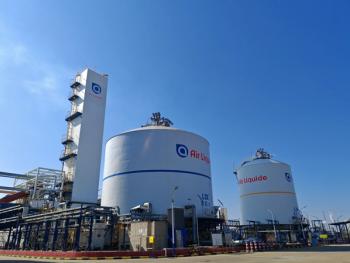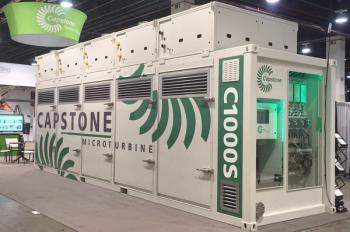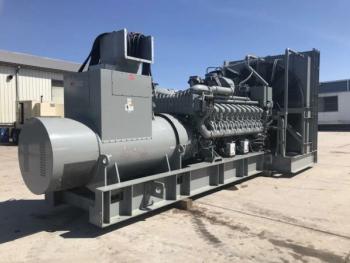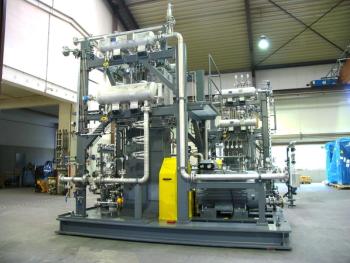
More companies going autonomous and remote, survey shows
Level of investment in technologies for production processes over the next 3 years.[/caption]
A survey conducted by Yokogawa Electric Corporation on the outlook for industrial autonomy shows 64% of respondents from companies in process industries are anticipating fully autonomous operations by 2030. The survey provides an in-depth view of future trends in automation and autonomy, business priorities, and technologies being deployed in key process industries including oil and gas, pharmaceuticals, chemicals, petrochemicals, and power generation.
Sixty-four percent of respondents expect to reach autonomous operations in their primary operations by 2030. Eighty-nine percent said their companies currently have plans to increase the level of autonomy in their operations. 64% said that they are conducting or are piloting semi-autonomous or autonomous operations right now, while 67% expect significant automation of most decision-making processes in plant operations by 2023.
Cyber security (51%), cloud, analytics, and big data (47%), and artificial intelligence (42%) are three key areas in which companies are planning significant investment over the next three years. These will enable organizations to make better decisions across a greater span of control.
COVID-19 impact on investment in autonomous operations over the next 3 years.[/caption]
COVID-19 has arguably presented a great impetus for industrial autonomy moving forward. A higher priority is now being placed on the ability to continue running operations without workers needing to be present. A majority of respondents are expecting to increase their investment in autonomous operations as a direct result of COVID-19.
Respondents were also asked to rank the top four applications in which they were directing investment as a result of the COVID-19 pandemic. Unsurprisingly, remote operations and remote servicing came out as two of the key applications for which priorities have increased, with a respective 36% and 30% of participants selecting them. The ability to conduct work without the need for workers to be present in a hazardous environment provides significant safety and cost benefits.
The survey also uncovered significant differences across industries in post-COVID-19 investment priorities. For example, compared with other industries, conventional power generation and chemical/petrochemical participants placed a greater focus on investments in worker safety.
Regional trends
The survey revealed regional differences in investment in new technologies and the push to industrial autonomy. Relative to other regions, Asia-Pacific is the most engaged in the shift to industrial autonomy. The survey found that the proportion of companies in Asia-Pacific that are prioritizing investment in autonomous systems for operations is 18% to 27% higher than other regions. This is a key statistic and shows that funding is being directed into autonomous operations in the region. Seventy-one percent of respondents in Asia-Pacific felt that they would attain fully autonomous operations in ten years' time, compared with just 58% in North America and 56% in Western Europe.
Newsletter
Power your knowledge with the latest in turbine technology, engineering advances, and energy solutions—subscribe to Turbomachinery International today.





